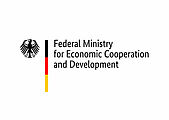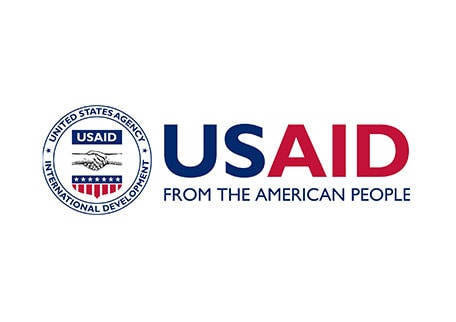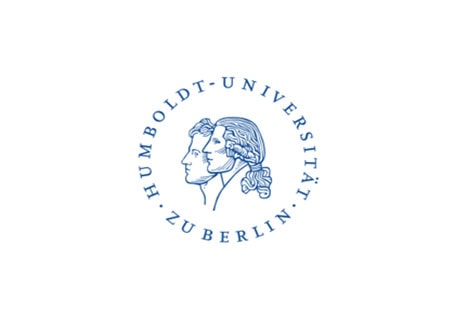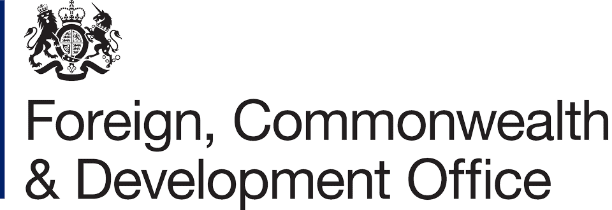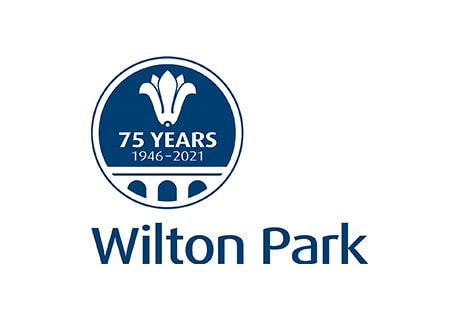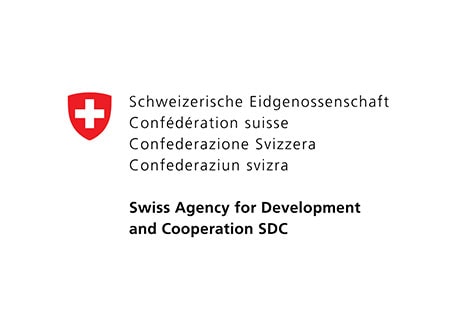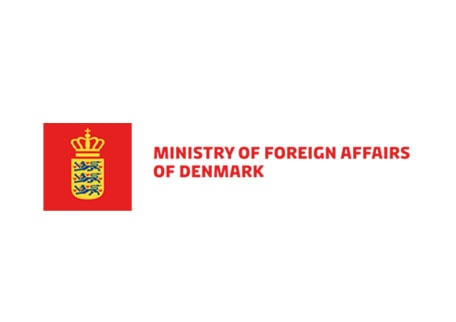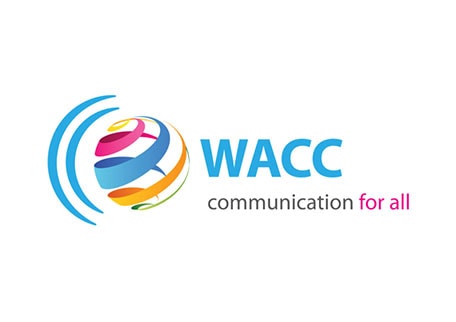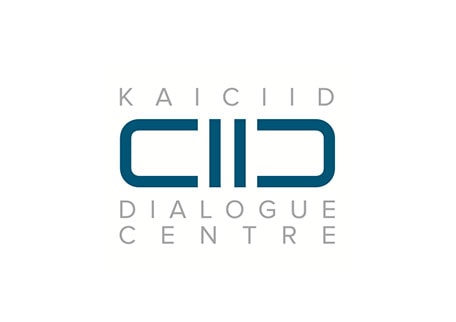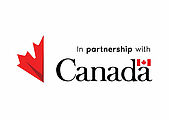What we do
Freedom of Religion or Belief (FoRB)
The pledge to ‘leave no one behind’ is central to all SDGs.
Freedom of Religion or Belief (FoRB) is a fundamental and universal human right articulated in Article 18 of the Universal Declaration of Human Rights (UDHR) and other international human rights treaties. FoRB cuts across all Sustainable Development Goals (SDGs).
PaRD’s FoRB Workstream (previously known as FoRB Initiative) took shape during the General Assembly of Members 2021 in South Africa. It operates within PaRD’s mandate on the positive role of religion and belief in sustainable development and humanitarian assistance.
Promoting Good Practices, Success Stories, and Engagement
Sustainability is only achievable in a fair and inclusive society, where no one is subject to inequality, discrimination or left behind because of their religion or belief. Accordingly, PaRD’s FoRB Workstream, which is member-initiated as well as member-driven, is grounded on three thematic pillars:
- Good Practice: Members share Good Practice relating to FoRB and sustainable development – either through reports and/or presentations.
- Education: Members develop and share educational materials on FoRB.
- Engagement: Members proactively network and engage in addressing and resolving FoRB infringements – of individuals practicing their religion and beliefs – at the national and local level
The efforts of PaRD members as part of the FoRB Workstream are inclusive of all religions and beliefs, promote dialogue, foster peace and mutual respect while addressing potentially critical FoRB issues and resulting limitations of individual human rights. The workstream supports conflict prevention where possible and avoids duplicating initiatives with other networks.
The Founding of the Workstream and Current Work
The PaRD Steering Board (formerly known as Steering Group) approved the FoRB framework in December 2021, the first constitutive online meeting having taken place in February 2022. The PaRD Secretariat supports the workstream by disseminating member-initiated FoRB related communiques with members. The workstream is currently supporting member projects which tackle FoRB issues in local communities on the ground through interfaith dialogue, workshops, and capacity building.
Related information
- Find resources to help individuals, communities and decision-makers learn, reflect upon and promote freedom of religion or belief for all on the Freedom of Religion or Belief Learning Platform.
- Click here for resources from the International Institute for Religious Freedom.
- Find trainings and learning tools to broaden your knowledge about the links between religion and development.
- Have a look at the collection of resources from Muslim for Progessive Values on how to deal with apostasy and blasphemy laws in Muslim societies.
FoRB Workstream Leads

Filip Buff Pederson
Political Advisor, CKU (Centre for Church based Development) and Coordinator of the Danish Network on Religion and Development

Gaetan Roy
Permanent Representative for the World Evangelical Alliance (WEA) to the United Nations in Geneva; Chairman of network-m; Board Member of the Association of Evangelical Missions (AEM)

Mejindarpal Kaur
PaRD Steering Board Member; International Legal Director at United Sikhs

